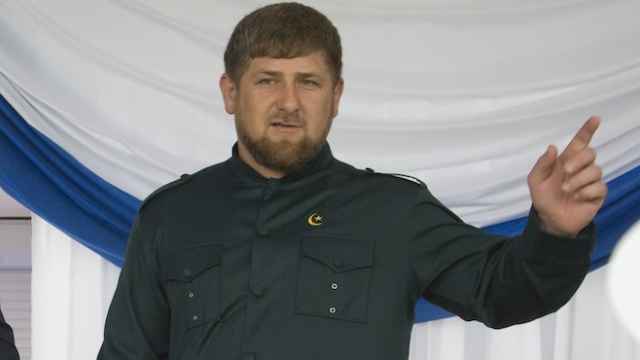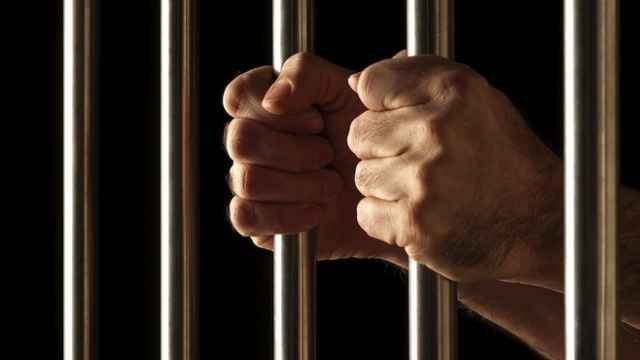Russia is to found its own human rights monitoring group in the former Soviet bloc, the Izvestia newspaper reported Thursday.
The proposed Eurasian Human Rights Group will be styled on organizations such as Amnesty International and Human Rights Watch (HRW), while being less "politically engaged," Izvestia reported.
International human rights organizations have not shied away from criticizing Russia in recent years.
HRW, in its 2016 World Report, wrote that "the Kremlin’s crackdown on civil society, media and the Internet took a more sinister turn in 2015 as the government further intensified harassment and persecution of independent critics."
A further report published this week claimed that free speech was under threat in the Russian republic of Chechnya, with "local residents being intimidated into silence.”
Human rights ratings for Central Asia have been more damning, with Amnesty International writing that torture was "rampant" in some Central Asian states.
According to Yana Lantratova, the executive secretary of Russia’s State Human Rights
Council. The
new organization will be tasked with monitoring civic
freedoms, as well as creating a presence in areas where human rights
violations are taking place, she said, adding that the organization would also collect and distribute humanitarian aid.
“What
we are striving for is openness and freedom, the power to provide an
objective analysis of events and respond in the best way possible,"
Lantratova said, adding that human rights groups already working in
the region will be invited to take part.
The new organization also intends to gain official recognition and accreditation from the United Nations, the Commonwealth of Independent (Former Soviet) States (SNG) and the Eurasian Economic Union, Izvestia reported.
Speaking to The Moscow Times, a senior researcher for HRW, Tanya Lokshina, said that an international coalition of rights organizations could do very useful work, sighting the International Federation for Human Rights (FIDH) as a successful example.
However, Lokshina found the comparison with HRW inaccurate as the proposed Eurasian group has humanitarian work at its core.
Humanitarian work is a very different undertaking from human rights documentation and defense, she said.
A Message from The Moscow Times:
Dear readers,
We are facing unprecedented challenges. Russia's Prosecutor General's Office has designated The Moscow Times as an "undesirable" organization, criminalizing our work and putting our staff at risk of prosecution. This follows our earlier unjust labeling as a "foreign agent."
These actions are direct attempts to silence independent journalism in Russia. The authorities claim our work "discredits the decisions of the Russian leadership." We see things differently: we strive to provide accurate, unbiased reporting on Russia.
We, the journalists of The Moscow Times, refuse to be silenced. But to continue our work, we need your help.
Your support, no matter how small, makes a world of difference. If you can, please support us monthly starting from just $2. It's quick to set up, and every contribution makes a significant impact.
By supporting The Moscow Times, you're defending open, independent journalism in the face of repression. Thank you for standing with us.
Remind me later.




